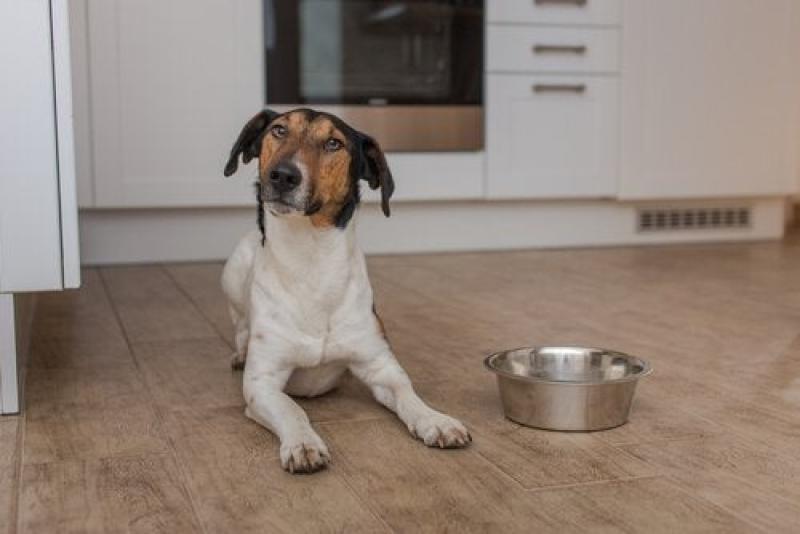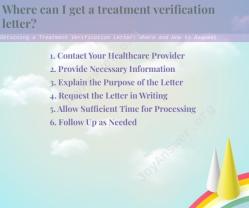Why does my dog lose his appetite?
Loss of appetite in dogs, also known as anorexia, can be caused by various factors. It's important to note that a temporary loss of appetite may not always be a cause for concern, but persistent or severe cases warrant attention from a veterinarian. Here are some common reasons why a dog may lose its appetite:
Illness or Disease:
- Many illnesses and diseases can cause a loss of appetite in dogs. This includes infections, dental problems, gastrointestinal issues, kidney disease, liver disease, and other systemic disorders.
Dental Issues:
- Dental problems such as dental infections, periodontal disease, or broken teeth can be painful and make eating uncomfortable for a dog.
Gastrointestinal Issues:
- Issues like gastritis, pancreatitis, inflammatory bowel disease (IBD), or other digestive disorders can lead to nausea and a reluctance to eat.
Changes in Diet:
- Sudden changes in diet or the introduction of new foods can sometimes lead to a loss of appetite. Dogs may also refuse to eat a particular brand or type of food.
Stress or Anxiety:
- Dogs can lose their appetite due to stress, anxiety, or changes in their environment. This may occur after a move, the introduction of a new pet, or other significant changes.
Environmental Factors:
- Extreme temperatures, changes in weather, or exposure to toxins can affect a dog's appetite.
Pain or Discomfort:
- Pain from injuries, arthritis, or other health issues can lead to a decreased appetite.
Side Effects of Medications:
- Some medications may cause a loss of appetite as a side effect. If your dog is on medication and shows a reduced appetite, consult your veterinarian.
Parasitic Infections:
- Internal parasites, such as worms, can affect a dog's digestive system and lead to a loss of appetite.
Metabolic Disorders:
- Conditions like diabetes or hypothyroidism can impact a dog's metabolism and appetite.
Remedies and When to See a Veterinarian:
Monitor Behavior:
- Keep an eye on your dog's overall behavior, including energy levels, water intake, and bathroom habits. Persistent changes or signs of distress should prompt a visit to the vet.
Check for Dental Issues:
- Examine your dog's mouth for signs of dental problems. Bad breath, swollen gums, or difficulty chewing may indicate dental issues.
Gradual Diet Changes:
- If you need to change your dog's diet, do so gradually to allow their digestive system to adjust.
Consult the Veterinarian:
- If your dog's loss of appetite persists for more than a day or two, or if it's accompanied by other concerning symptoms, consult your veterinarian promptly.
Address Stress Factors:
- Identify and address any stress factors in your dog's environment. Provide a comfortable and consistent routine.
Medical Evaluation:
- A thorough veterinary examination, including blood tests and diagnostic imaging, may be necessary to identify and treat underlying health issues.
Remember that any sudden or significant change in your dog's behavior, including a loss of appetite, should be addressed by a veterinarian to ensure timely and appropriate care. Early intervention can be crucial in managing and resolving health issues in dogs.
Understanding appetite loss: Why does my dog lose his appetite?
Dogs are known for their love of food, so it can be concerning when your furry friend suddenly loses their appetite. There are many reasons why a dog might lose their appetite, some of which are harmless and can be easily addressed, while others may be more serious and require veterinary attention.
Common Causes of Appetite Loss in Dogs:
Illness: One of the most common causes of appetite loss in dogs is illness. This could be anything from a minor infection to a more serious condition like cancer. If your dog is also exhibiting other symptoms such as vomiting, diarrhea, lethargy, or weight loss, it is important to make an appointment with your veterinarian to rule out any underlying medical causes.
Dental problems: Dental problems, such as tooth decay, periodontal disease, or oral tumors, can make it painful for your dog to eat. If you notice your dog pawing at their mouth or hesitating to chew, it is important to have their teeth checked by a veterinarian.
Stress or anxiety: Stress or anxiety can also cause appetite loss in dogs. This could be due to a change in environment, such as a new home or the loss of a loved one, or it could be due to behavioral problems, such as separation anxiety.
Medications: Some medications can cause appetite loss as a side effect. If your dog is on any new medications, it is important to talk to your veterinarian about whether this could be the cause of their loss of appetite.
Age: As dogs get older, they may naturally lose some of their appetite. This is because their metabolism slows down and they require less energy. If your senior dog is otherwise healthy, there is no need to be concerned about a slight decrease in appetite.
Tips for Addressing Appetite Loss in Dogs:
Identify the underlying cause: If your dog is losing their appetite, the first step is to try to identify the underlying cause. This can help you determine the best course of action.
Provide a variety of food options: If your dog is not interested in their regular food, try offering them a variety of different options, such as canned food, wet food, or cooked meat and vegetables.
Warm up food: Warming up food can make it more appealing to dogs that have lost their appetite.
Hand-feed your dog: Hand-feeding your dog can help to stimulate their appetite and encourage them to eat.
Add a food topper: A food topper, such as gravy or cheese, can make food more appealing to dogs that are picky eaters.
Make sure your dog has access to fresh, clean water: It is important to make sure your dog always has access to fresh, clean water. This will help to prevent dehydration, which can further worsen appetite loss.
Talk to your veterinarian: If your dog's appetite loss is severe or persists for more than a few days, it is important to talk to your veterinarian. They can help you rule out any underlying medical causes and recommend the best course of action.
Preventing Appetite Loss in Dogs:
Maintain a healthy diet: Feeding your dog a healthy diet will help to keep them healthy and maintain their appetite. Avoid feeding your dog table scraps or processed foods, which can be unhealthy and lead to appetite loss.
Regular exercise: Regular exercise is important for maintaining overall health and can help to prevent appetite loss.
Manage stress: If your dog is prone to stress or anxiety, there are a number of things you can do to help manage their stress levels, such as providing them with plenty of opportunities for exercise and socialization.
Regular dental checkups: Regular dental checkups can help to identify and prevent dental problems, which can lead to appetite loss.
By following these tips, you can help to keep your dog healthy and prevent them from losing their appetite. However, if your dog does lose their appetite, it is important to identify the underlying cause and take steps to address it.
Additional Information:
If your dog's appetite loss is accompanied by other symptoms, such as vomiting, diarrhea, lethargy, or weight loss, it is important to seek veterinary attention as soon as possible. These symptoms could be signs of a serious medical condition.
If you are concerned about your dog's appetite loss, you can talk to your veterinarian about their diet and lifestyle. They can help you develop a plan to address the issue and keep your dog healthy.













